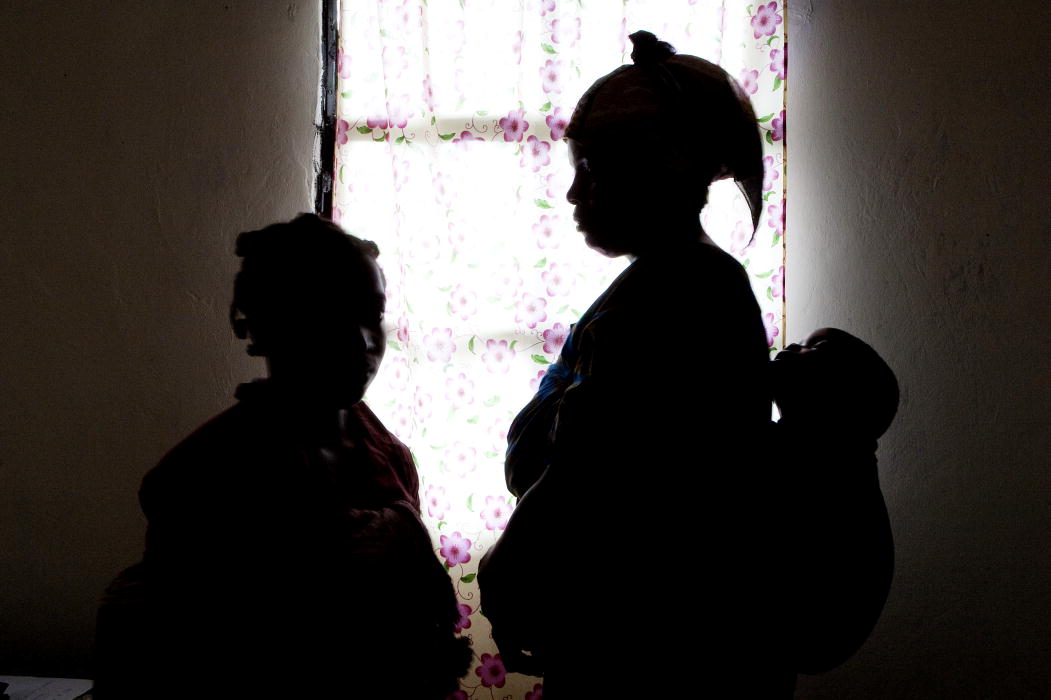
War is Not Over When it’s Over: Women Speak Out From the Ruins of War
by Ann Jones
–Reviewed by Angilee Shah
 You don’t need to go much further than the table of contents to know that Ann Jones’ War is Not Over When It’s Over is not an easy read. Among the chapter titles: “The Democratic Republic of Congo: Rape” and “Iraqi Refugees in Jordan, Syria, Lebanon: Blown Apart.”
You don’t need to go much further than the table of contents to know that Ann Jones’ War is Not Over When It’s Over is not an easy read. Among the chapter titles: “The Democratic Republic of Congo: Rape” and “Iraqi Refugees in Jordan, Syria, Lebanon: Blown Apart.”
What happens in conflict is so terrible, so unspeakable, that Jones’ challenge is to convince comfortable people to listen. She writes of girls in a Sierra Leone hospital: “Many were stuck in silence, but here in the hospital, in the presence of countless survivors, and with the support of counselors, some opened up and told us their stories, several on videotape. But their stories were so awful, I wondered if the world could bear to hear them.”
War is Not Over When It’s Over gives readers that chance, the opportunity to really listen. Personal stories as told by women who endure atrocities are the driving force behind the book. Still, you can’t escape the numbers: In Liberia’s three recent wars, 90 percent of women suffered physical or sexual violence; three out of four women were raped. Sierra Leone’s “trademark atrocity” was amputation, but an estimated 250,000 women and girls were sexually assaulted in that country’s civil war. Even after the war officially ended, rape persists, perpetrated mostly against girls aged six to 15. In the Kivus, a region of the Democratic Republic of Congo, 79 percent of women surveyed in 2005 reported that they had been raped by at least two attackers (but as many as 20) at once. Over 70 percent say they were tortured during rape.
Jones writes about the people behind this data with deep empathy, the result of a lifetime of writing, photographing and devoting herself to the plight of women who endure extreme violence. She argues that when wars officially end they actually just move from public spaces into private homes. She recounts her work documenting women’s lives with the International Rescue Committee, where she facilitated a program that gave women cameras and a chance to tell their own stories.
But her first feat in War is to frame extreme suffering, often seen as something “over there” and “far away,” with immediacy for readers in their comfortable and safe homes. She introduces her book about women in Africa, Asia and the Middle East with a story about her own experience. Her father was a decorated veteran of the Great War, and Jones writes: “That war is now commemorated with paper poppies, the Great War, in which my father served with uncommon distinction and from which he returned a hero, irrevocably changed, subject to nightmares and sudden rages and drunken assaults upon innocent furniture and my mother and me, and tearful reconciliations we were not permitted to reject.” She asks where her father learned “to act so swiftly, so effectively, so violently,” placing her global sojourn in context of a search for answers about her own life.
And so it is that the stories of these women are the stories of any country engaged in war. As we read the news about American veterans coming home, receiving medals of honor, committing violent crimes, being incarcerated, committing suicide, War is Not Over When It’s Over is no longer an abstraction in faraway places. For anyone with the fortitude to internalize its chapters, it implicitly begs the question, do we really understand the costs of our own long wars?
Buy the book: Skylight, Powell’s, Amazon, Borders.
Excerpt: “One day I returned to the office in Voinjama to find a young American colleague visibly upset. She was reading a report on Liberia issued by a prominent international organization that repeated the popular historical theory about Liberian violence springing from the resentment of ‘marginal young people.’ Amid a hundred pages detailing the grievances of deprived young men, grievances so serious that they led the resentful young men – seemingly inevitably – to kill thousands of people and wreck their country, my colleague had come upon a single paragraph devoted to the subtopic ‘Gender.’ It included this sentence: ‘Women suffered greatly during the war.’
‘Suffered greatly? Suffered greatly?’ Her voice slid up the scale. ‘Is that all they can say? This report goes on and on about what these poor men must have felt that turned them into such butchers. But they don’t even say what happened to women, much less what they felt. Just this ‘suffered greatly.’ What does it mean?’”
Further Reading: Kabul in Winter: Life Without Peace in Afghanistan by Ann Jones, A Long Way Gone: Memoirs of a Boy Soldier
by Ishmael Beah, War and the Health of Nations by Zaryab Iqbal
Angilee Shah is a freelance journalist who writes about globalization and politics. You can read more of her work at www.angileeshah.com.
*Photo of a shelter for victims of sexual abuse in the Congo courtesy United Nations Photo.




Send A Letter To the Editors